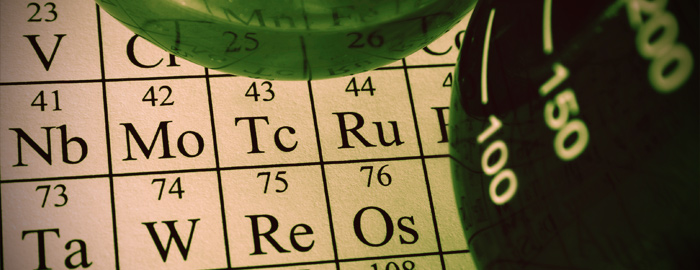
What is Chemical Engineering?
Chemical engineering touches just about every part of our lives. If you have put on soft contact lenses, changed into sweat-proof athletic wear, filled your car with gasoline before driving to the gym, and consumed purified water from a plastic bottle or artificially sweetened soda after your workout, you can thank chemical engineers for making those products possible.
What do Chemical Engineers do?
Chemical engineers use chemistry, physics, biology, math and other sciences - along with engineering principles - to make better products such as high-efficiency fuels, medicine, electronics, food and cosmetics.
Chemical engineers design processes and products to solve problems and to supply vital materials for our technology-based society. Their work ranges from making clean energy, to producing more-affordable medicine, to streamlining semiconductor manufacturing - and even ways to improve food production and processing.
You will find chemical engineers in big places like manufacturing industries and production plants. You will find chemical engineers in research laboratories working at the molecular level to create new synthetic materials. Molecular level work also involves life sciences to look for ways to prevent disease and to improve diagnostics and therapeutic methods such as improved drug delivery.
Where do Chemical Engineers work?
Career opportunities for chemical engineers are almost endless in fields ranging from designing chemical manufacturing facilities and petroleum production to pharmaceuticals and health care. Chemical engineers qualify for positions ranging from basic research to management because their training emphasizes problem-solving skills, breadth, versatility and strong scientific fundamentals.
Why study Chemical Engineering at Texas A&M?
If you study chemical engineering at Texas A&M, the skills you learn will allow you to use elements from all areas of engineering, science, mathematics and technology to design and produce new plastics, ceramics, superconductors and alloys. You'll be able to help deal with toxic wastes and other kinds of soil, water and air pollution. Your skills will move new biotechnology processes from the laboratory to the factory.
You'll begin by studying the fundamentals of chemistry, physics and mathematics, plus related engineering fields and the social sciences. In your senior year, you'll get a chance to use what you have learned in a major design project that will require you to apply what you have learned to solving a realistic problem. You'll use state-of-the-art laboratories to apply classroom discussions to real problems.